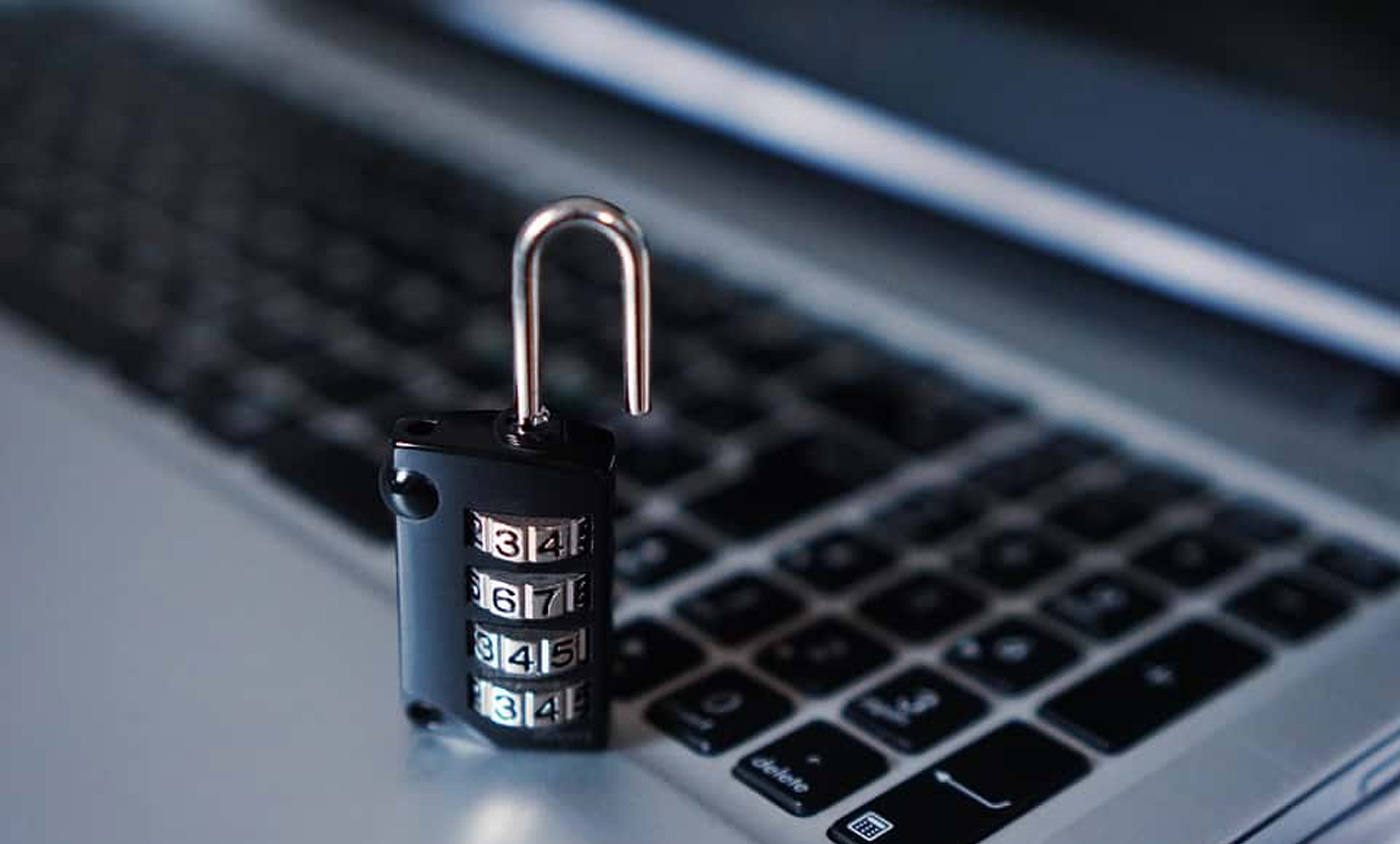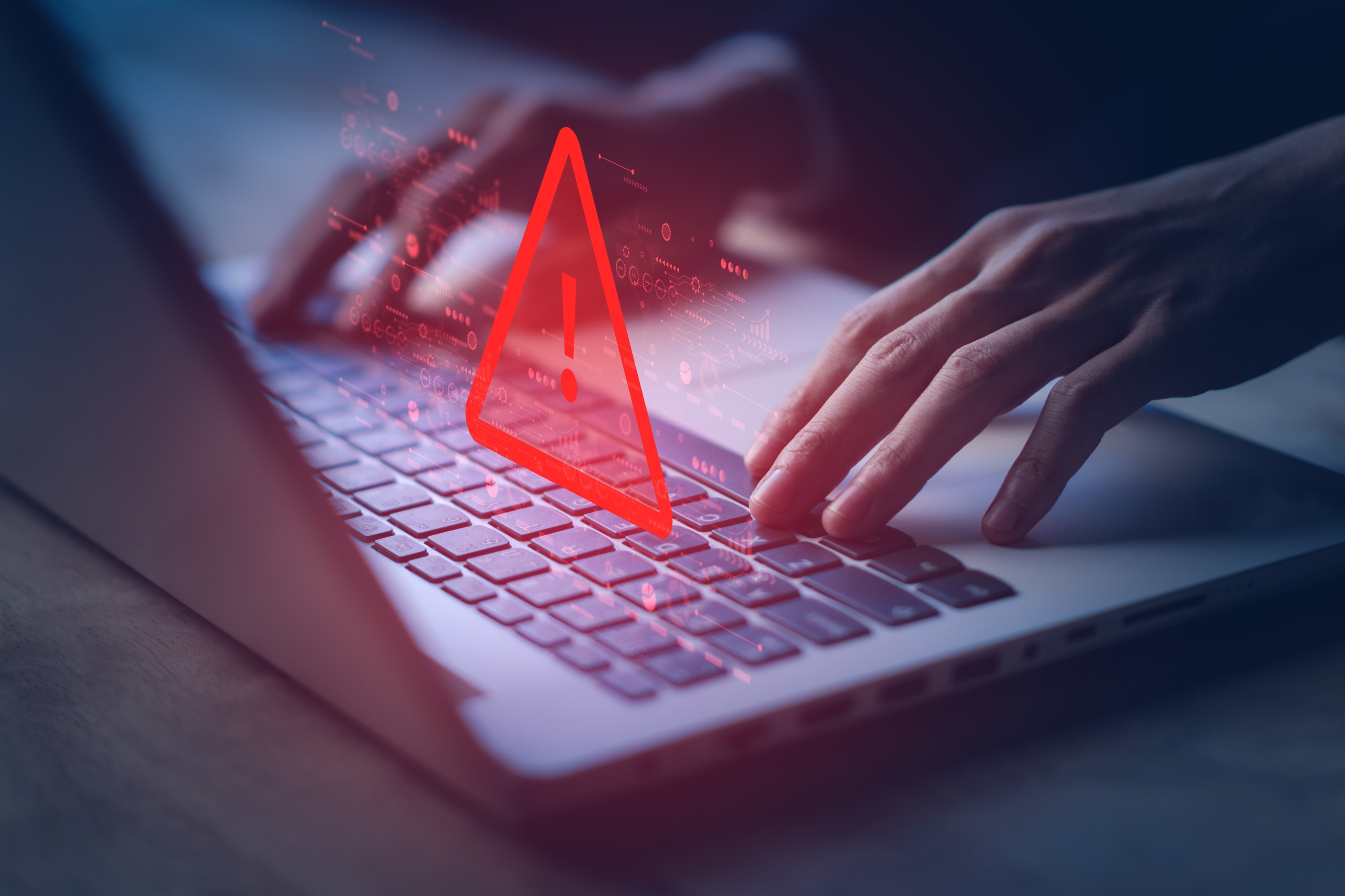Cyber security is more important than ever before – your customers rely on you daily to keep their personal details safe from hackers. Recent data breaches of businesses small and large highlight how critical online security is, with
Tesco Bank customers losing millions of pounds last month in a serious online fraud attack. Cyber criminals are becoming more dangerous with attacks developing in sophistication – any business can be a victim.
In light of these growing threats, the UK is investing is national cyber security. The National Cyber Security Centre was launched in October, and will help governments and industries work together to combat cybercrime. Nevertheless, businesses have to take responsibility for their own data security. Here are some best practices from the experts at Pink Chalk to keep your business safe.
Protect your systems
Privacy policies are rendered useless if your computer networks are at risk from attacks. Each network and computer used within the business needs stringent security measures. Install the latest industry standard security software and always use a spam filter. A good firewall is also essential, to keep hackers away from your data. If you’re unsure how safe your network is, it’s always best to hire an IT professional to secure your systems.
Train your staff
You could implement the best security practices, but if employees are careless you could still be the victim of a data breach. Employees should be fully trained on data security, and be encouraged to speak up if they notice anything suspicious in their emails or browsers. Staff should be shown how to back up all of their work and data collected, and also taught how to create strong passwords.
Implement a plan
It’s important to assess the risk of online threats to your business, and create a plan of action should a cyber-attack take place. First of all focus on prevention, but you also need to prepare for the worst. In the event of a data breach, how would you investigate the problem and protect the security of your customers?
Safely dispose of data
You should only keep personal data that is vital for your business needs. If you don’t need it, get rid of it as soon as you can but make sure you
dispose of data responsibly.
Remember – no business big or small is safe from online threats.





